#BuildBackBetter
U.S. Senate Preps More Money for Auto Industry
Senate Democrats have settled on how to funnel more money into the automotive sector using all-electric vehicles and environmentalism. Majority Leader Chuck Schumer and West Virginia's Joe Manchin have reportedly agreed on a proposal that would expand the $7,500 tax credit for EVs while also introducing a new $4,000 subsidy for used models.
But that's just to kick things off. The legislative package is likewise said to include $369 billion that's been earmarked for climate and energy spending. For automakers, that means massive financial help from the government whenever they want to convert their existing factories into the kind that build all-electric vehicles. Though it may not be limited to EVs, as the updated language now makes fuel cell vehicles similarly eligible for the proposed industry subsidization.
How Much Are Updated CAFE Standards Actually Going to Save You?
With the United States Department of Transportation having formally announced upgraded Corporate Average Fuel Economy (CAFE) standards starting in 2024, the Biden administration was quick to point out that the decision would likely make automobiles even more expensive than they already are. However, the caveat to this was that it also assumed fuel prices would come down as improved efficiencies reduced North America’s hunger for fuel.
This effectively undoes fueling rollbacks instituted under the Trump administration on the grounds of reducing costs to consumers and cutting regulatory red tape for a prospective future where fuel prices are reduced without the need to spur oil production. But what does that actually mean in terms of dollars and cents?
Report: Elon Musk and Brother Face Insider Trading Probe
The Securities and Exchange Commission (SEC) is reportedly investigating whether stock sales by Tesla CEO Elon Musk and his brother, Kimbal Musk, violated insider-trading rules.
Launched in 2021, the probe is looking into shares sold by Kimbal valued at $108 million one day before Elon polled Twitter to see whether or not he should offload 10 percent of his stake in the company, suggesting he would run with the results. Though the tweet itself was a snide way of discussing proposals from Democrat legislators that would have imposed new taxes on unrealized capital gains, effectively money that doesn’t yet (and may never) exist.
U.S. Postal Service Decides to Snub Electric Vehicles
The United States Postal Service (USPS) has been under pressure from the White House to replace its aging fleet with all-electric vehicles. But it’s looking like mail carriers will continue doing their jobs in oddly shaped trucks that burn gasoline.
While the Biden administration’s green agenda calls for government fleets to begin transitioning to EVs, the USPS had already decided to purchase 165,000 examples of the Oshkosh Defense NGDV that’s dependent upon liquid fuel. Despite the contractor saying trucks could be converted into battery electric vehicles and/or hybrids, the vast majority will be wholly reliant on internal combustion. The USPS has decided that it’s just not cost-effective or practical to do anything else and no amount of pressure from the White House will be changing its mind.
Money on the other hand…
DOT Readies Billions for National EV Charging Network, Chaos Ensues
The U.S. Department of Transportation (DOT) announced today that it will distribute $5 billion to establish electric-vehicle charging along the interstate highway system. Managed by the newly formed Joint Office of Energy and Transportation formed after the $1.2-trillion Infrastructure Investment and Jobs Act (IIJA) passed in Congress, the federal spend is a joint operation between the DOT and U.S. Department of Energy.
By 2030, the federal government is hoping to have a network of 500,000 charging stations in a bid to reduce range anxiety and spur EV adoption. But it wants individual states to make the necessary investments to connect the highway-based network to cities and towns. As you might have guessed, Democrat lawmakers have broadly supported the imitative while Republicans are calling it too expensive and a distraction from other aspects of U.S. infrastructure in need of maintenance.
Biden EPA Tells USPS More Mail Trucks Should Be EVs
Last spring, the United States Postal Service announced that it would finally be replacing its fleet of Grumman Long Life Vehicles (LLVs) that have more than lived up to their name. Having entered into service in 1987 to replace the Dispatcher Jeep, the LLV is scheduled to be replaced by 150,000 new mail trucks from Oshkosh Defense. While the government originally wanted to use an all-electric platform, it was believed that rural routes probably required an internal combustion vehicle. Preexisting government contracts with Oshkosh likely made it a compelling manufacturer, though it annoyed some of the smaller candidates. Workhorse even sued the USPS last summer for not selecting its hideous entrant, though the official complaint was that the government hadn’t given EVs a fair shake.
That now appears to be changing because the Biden administration and Environmental Protection Agency (EPA) have asked USPS to hold off on the $11.3 billion contract with Oshkosh so electric options can be reevaluated.
White House Invites Auto Execs to Endorse Build Back Better
The White House has made plans to host American business executives — including numerous CEOs tied to the automotive sector — in an effort to gain support for the stalled Build Back Better agenda. The meeting is scheduled to take place today, with President Joe Biden and company hoping to convince them to get behind the (revised) $1.75 trillion spending bill after it passed in the House but never made it through the Senate.
Seats have already been reserved for General Motors CEO Mary Barra, Ford CEO Jim Farley, and Cummins CEO Tom Linebarger. The rest are going to heads of manufacturing and technology companies, with a few noteworthy outliers. For example, the Biden administration has also invited the president of the Teachers Insurance and Annuity Association of America and the CEO of Siemens (a multinational entity that’s not based in the United States). Based on earlier statements from White House press secretary Jen Psaki, the meetings will take place in-person, bucking the Biden administration’s trend of hosting virtual events.
Toyota Nearing Federal EV Tax Credit Quota
Toyota Motor Corp. looks to be the next automaker that will have exhausted its allotment of EV tax credits for the U.S. market.
While the quota for $7,500 rebates has already been reached by Tesla and General Motors, Toyota is closing in with 190,000 plug-in sales of its own. The government has limited federally backed incentives to just 200,000 vehicles per manufacturer. Once the Japanese manufacturer reaches that limit, credits go into a cool-down period where it can continue benefiting from the full sum six months after the relevant quarter ends. From there, incentives will be halved for the next two quarters until the company is no longer eligible.
U.S. EPA Readies Strictest Vehicle Emission Requirements Ever
We’ve got good news for people who want fewer choices in the type of cars they’ll be able to purchase in the future.
The U.S. Environmental Protection Agency (EPA) has finalized strict new vehicle emissions requirements through 2026 that would reverse the current standards set by the agency under former President Donald Trump. The Trump administration rolled back some of the long-term environmental policies implemented under the Obama administration. However, the Biden administration has said its biggest focus will be on addressing climate issues by dissolving those policies restoring the targets established when Barack Obama was still in the White House. The agency released some proposals in August outlining the general path it would be taking. But the details dropped by EPA Administrator Michael Regan on Monday vastly exceed those Obama metrics serving as a benchmark.
GM CEO Says Incentives May Help America Transition to EVs
General Motors CEO Mary Barra has chimed in on the weeklong open discussion about whether or not it’s a good idea for America to embrace the Biden administration’s EV tax credit plan, which just so happens to be deeply intertwined with the Build Back Better Act’s cavalcade of federal initiatives.
As we’ve already covered the topic more than once, we’ll avoid the recap and simply post the relevant links where Tesla CEO Elon Musk recommended pitching the entire bill into the trash and Transportation Secretary Pete Buttigieg went to bat for the White House by suggesting the updated tax scheme was a necessity for electrification to thrive. Barra opted to go with the latter take, stating that it could help accelerate EV adoption.
Buttigieg Issues Rebuttal to Elon Musk Regarding EV Subsidies
U.S. Transportation Secretary Pete Buttigieg has responded to criticisms Elon Musk has made about the Biden administration’s plan for electric vehicle subsidies.
The Tesla CEO believes the Obama-era EV tax credits were more than sufficient, with his own company serving as physical proof, and suggested the entire Build Back Better Act be tossed into the toilet. But Secretary Buttigieg said it was a necessary item if the United States hoped to advance electrification, swiftly transition away from combustion vehicles, and escape the perils of climate change (formerly known as global warming).
Elon Musk Continues Insulting Biden Admin's EV Tax Credit Scheme
Elon Musk has continued bashing the Biden administration’s tax credit legislation designed to spur electric vehicle adoption, this time suggesting that the entire bill be scrapped. Included as part of the Build Back Better Act that’s focused on addressing various social, infrastructure, and climate issues, Musk suggested the entire text simply be done away.
“Honestly, I would just can this whole bill,” he stated at The Wall Street Journal’s CEO Council Summit, appearing remotely from Tesla’s construction site in Austin, Texas.
Report: Biden Admin May Link Semiconductor Subsidies to Unions
Despite the semiconductor shortage having encouraged the automotive sector to repeatedly idle factories, word on the ground is that things are becoming more stable. Companies are seeing less production downtime overall and workers are reporting more reliable working conditions across the board. However, several automakers have continued to express concerns (e.g. Volvo), alleging that chip shortages could stretch deep into 2022, while the U.S. government ponders how to advance chip production in-country and become less dependent on Asian suppliers.
Commerce Secretary Gina Raimondo has been touring Michigan, meeting with union members and industry heads, and plans to urge Congress to move on a $52 billion in funding bill aimed at boosting domestic production. We’ve questioned the efficacy of the CHIPS Act before, primarily in relation to how the subsidies would be allocated. But there are new concerns that the plan will mimic the Biden administration’s EV subsidies by spending heaps of taxpayer money and giving union-backed organizations a larger cut.
Unfair? Toyota Launches Ad Campaign Opposing EV Tax Credit Scheme
Toyota Motor North America has already voiced its opposition to the proposed EV tax credit scheme tied to the the Democrats’ latest spending bill. This week, it has decided to expand its message by purchasing advertisements in national publications.
Starting Tuesday, Toyota will be launching an ad campaign intended to help bring Americans toward its side of the fence. While the automaker isn’t intrinsically offended by the government-backed incentivizing of electric vehicles, it has taken umbrage with the Biden administration’s insistence that consumers be issued an additional $4,500 incentive for purchasing union-made products. Though the reasoning should be obvious, since the company doesn’t have any unionized facilities in the U.S., the automaker is seeing growing support as the related legislation is stalled on Capitol Hill.



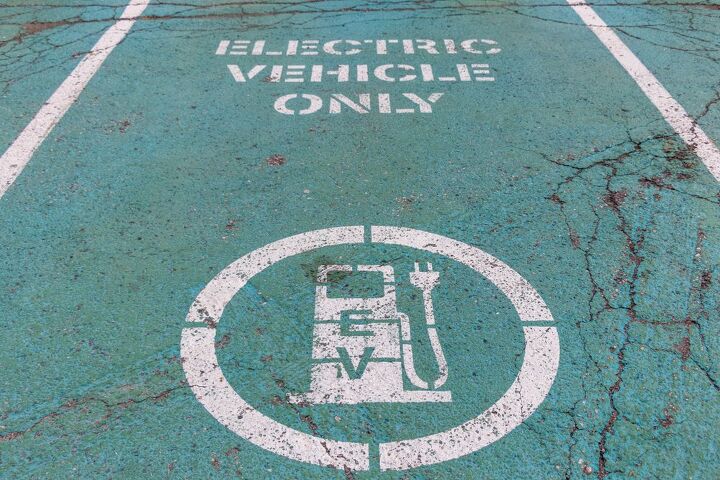
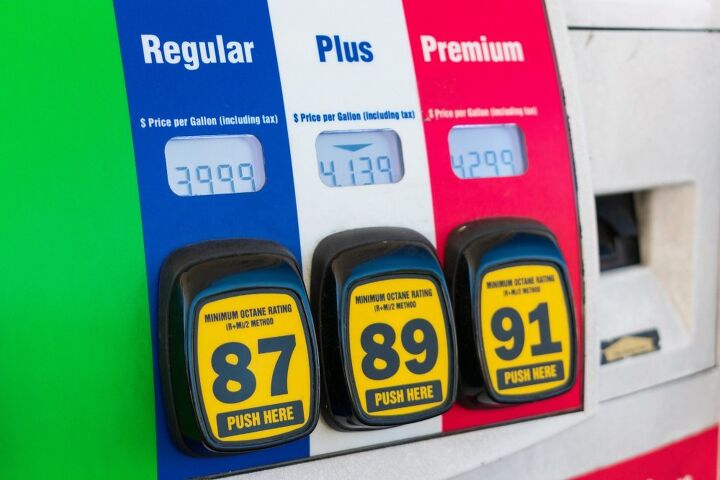


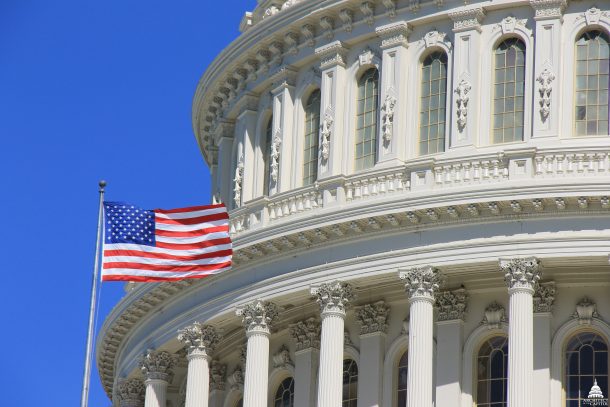

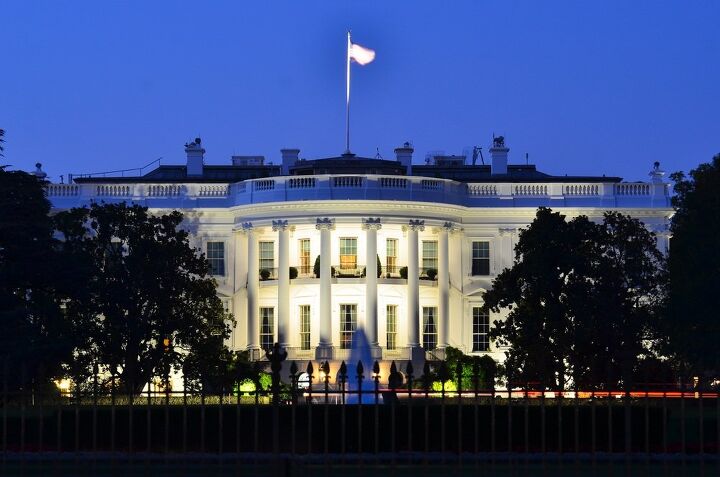
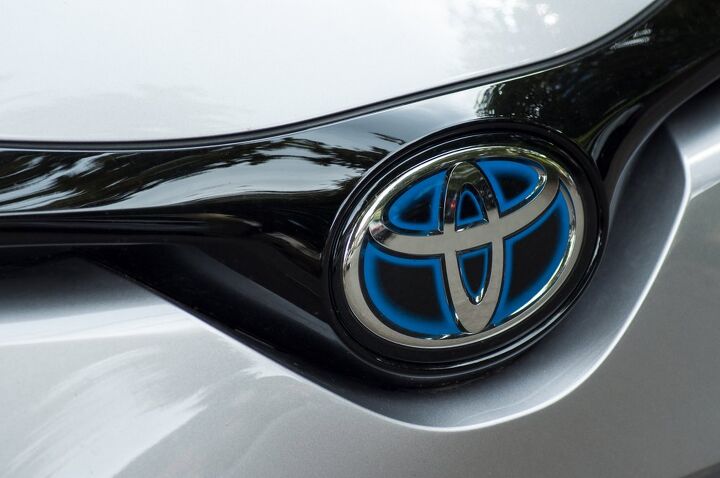

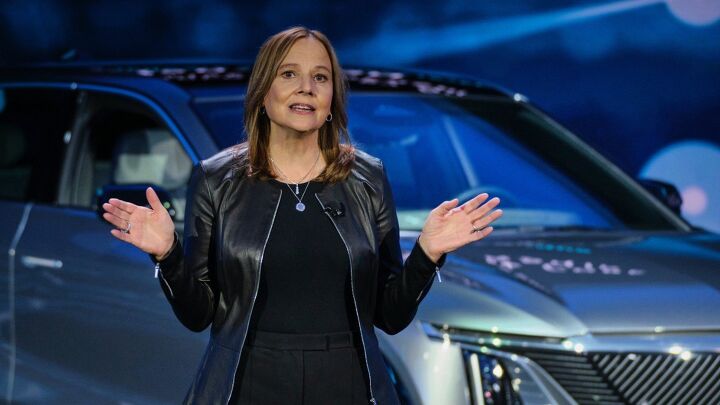
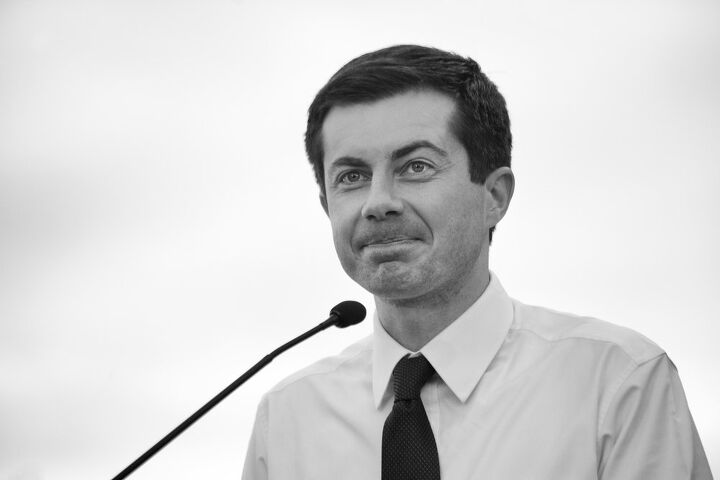
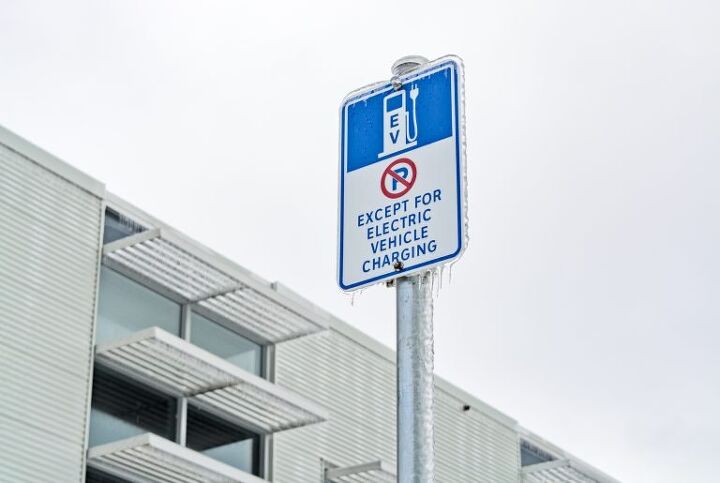












Recent Comments